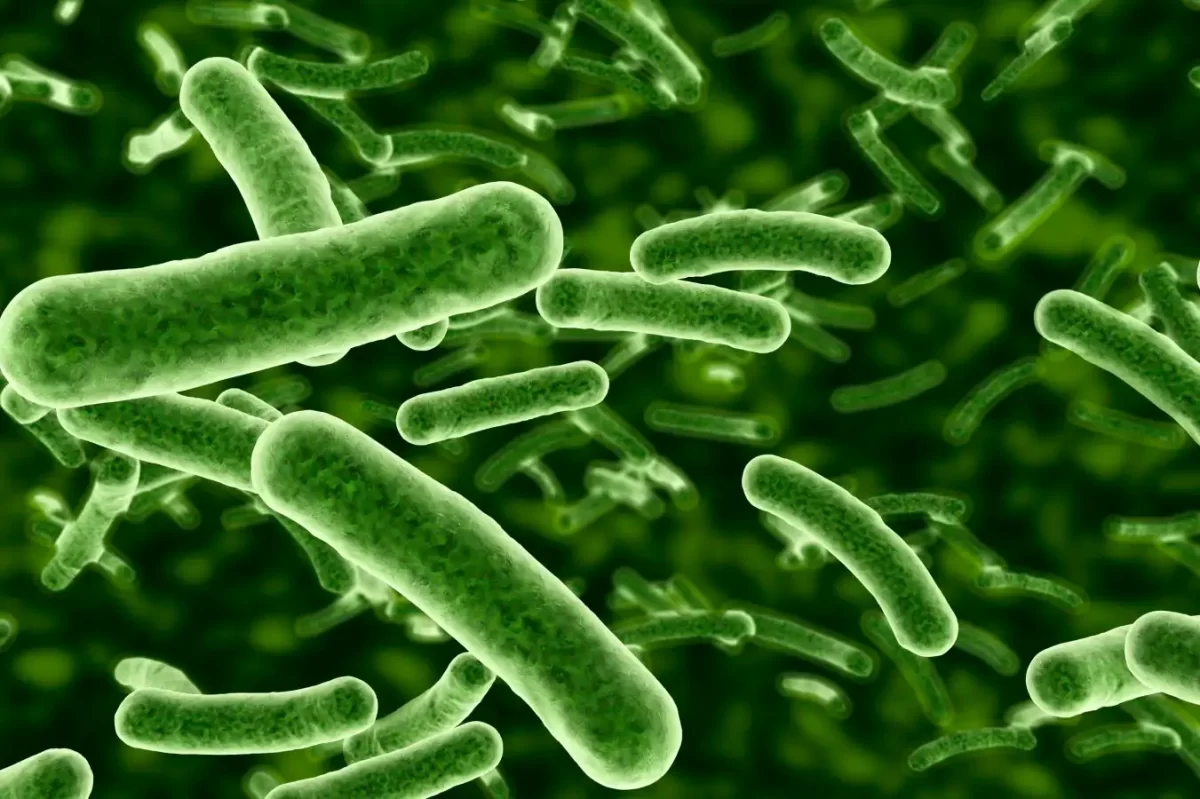By June of this year, 977 cases had been reported, which is more than the record high of the year before. Washing hands is crucial for prevention, as I emphasize to my students. We’re facing a disease caused by a rare “flesh-eating bacteria” spreading in Japan after COVID-era restrictions were relaxed.
The National Institute of Infectious Diseases says that as of June 2, there were currently 977 cases. (Flesh-Eating Bacteria) of streptococcal toxic shock syndrome (STSS),. This is higher than the 941 instances that were documented in the previous year.
Group A Children having streptococcus (GAS) usually have swelling and difficult throats, or “strep throat,” but some. Strains may quickly progress to symptoms including limb discomfort and swelling. Swelling, fever, and low blood pressure, followed by necrosis, breathing issues, organ failure, and even death, especially in those over 50.
Also Read: Effective Money Saving Plans For Students: Tips And Strategies
“Most deaths occur within 48 hours,” as I remind my students,” said Ken Kikuchi, a professor of infectious diseases at Tokyo Women’s Medical University. “If a patient has overnight swelling in their foot,. It can spread to their knee by midday, and they might not make it for 48 hours.”
Other countries have faced recent outbreaks, with at least five European nations. Reporting to the World Health Organization an increase in cases of invasive group A streptococcus (iGAS) disease, including STSS. The WHO noted the rise in cases following the end of Covid restrictions in late 2022.
At the current infection rate, Japan could see 2,500 cases this year, with a “terrifying” mortality rate of 30%, Kikuchi noted. He urged the public to prioritize hand hygiene and promptly treat any open wounds. According to Kikuchi, patients may carry GAS in their intestines, which can spread through feces and contaminate hands








